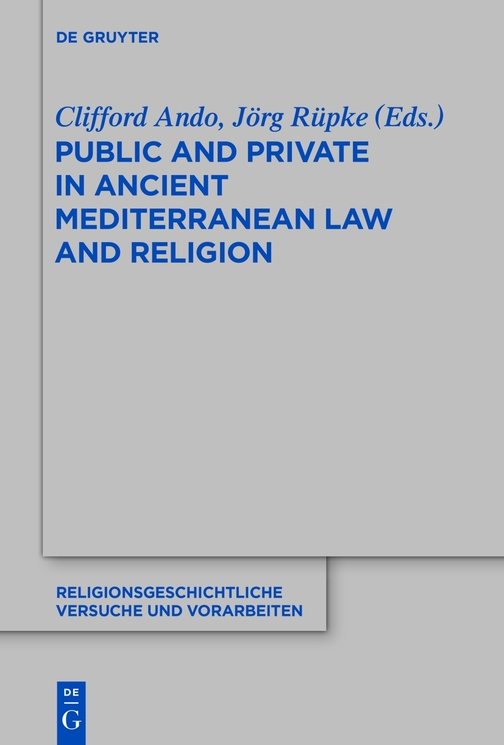The conference that formed the starting point of this volume was co-financed by the University of Chicagos Center for the Study of Ancient Religions and the Kol-leg-Forschergruppe Religious Individualization in Historical Perspective, financed by the German Science Foundation (DFG). We are grateful to the Max Weber Center for hosting the conference and to Diana Pschel and Elisabeth Begemann for their aid in its organization. Our thanks likewise to Sandhya Fuchs for assistance with the copy-editing.
We offer special acknowledgment to Chris Faraone, not simply for the generous support of Chicagos Center, but also for his aid in the initial planning of this project. Conversation at the conference was notably enhanced by the participation of Claudia Bergmann, Valentino Gasparini, Richard Gordon, Kristine Iara, Istvn Krist-Nagy and Salvo Randazzo. Claudia Bergmann, Istvn Krist-Nagy and Salvo Randazzo also delivered papers on that occasion but were in the end unable to contribute to the volume. We hope that the volume reflects appropriately the courtesy and rigor of their engagement.
Contributors
Clifford Ando, 1115 E. 58th Street, Chicago, IL 60637, USA.
clifford.ando@uchicago.edu
Elisabeth Begemann, Dept. Religious Studies, University of Erfurt, Postfach 900 221, 99105 Erfurt, Germany.
elisabeth.begemann@uni-erfurt.de
Natalie B. Dohrmann, Herbert D. Katz Center for Advanced Judaic Studies, University of Pennsylvania, 420 Walnut Street, Philadelphia, PA 19106, USA.
dohrmann@sas.upenn.edu
Esther Eidinow, Humanities Building, University Park, University of Nottingham, Nottingham NG7 2RD, United Kingdom.
esther.eidinow@nottingham.ac.uk
Ahmed El Shamsy, Department of Near Eastern Languages and Civilizations, The University of Chicago, 1155 East 58th Street, Chicago, IL 60637.
elshamsy@uchicago.edu
Judith Evans Grubbs, 221 Bowden Hall, Emory University, 561 S. Kilgo Circle, Atlanta, GA 30322 3651, USA.
jevansg@emory.edu
Edward M. Harris, c/o American School of Classical Studies, 54 Souedias Street, 106 76 Athens, Greece.
edward.harris@durham.ac.uk
Catherine Hezser, Dept. of the Study of Religions, School of Oriental and African Studies (SOAS), University of London, 10, Thornhaugh Street, London WC1H 0XG, United Kingdom.
ch12@soas.ac.uk
Adriaan Lanni, Harvard Law School, 1525 Massachusetts Avenue, Cambridge, MA 02138, USA.
adlanni@law.harvard.edu
Harry O. Maier, Vancouver School of Theology, 6000 Iona Dr., Vancouver, British Columbia, Canada V6T 1 L4.
hmaier@vst.edu
Rubina Raja, Institute for Culture and Society, Aarhus University, Nobelparken, Jens Chr. Schous vej 4, building 1461326, 8000 Aarhus C, Denmark.
Rubina.Raja@cas.au.dk
Jrg Rpke, Max Weber Center, University of Erfurt, PO Box 900 221, D-99105 Erfurt, Germany.
joerg.ruepke@uni-erfurt.de
William Van Andringa, 57 rue du faubourg Saint-Martin, 75010 Paris, France.
william.va@free.fr
Edward M. Harris
1. The Family, the Community and Murder: The Role of Pollution in Athenian Homicide Law
Abstract: Scholars have recently argued that pollution for homicide was a religious belief that originated in the Homeric period and was fading away by the late fifth century BCE. This chapter presents evidence to show that beliefs about pollution continued to shape the legal procedures for homicide into the fourth century BCE. Platos rules about pollution for homicide in his Laws therefore reflect contemporary beliefs and were not the product of religious conservatism. These beliefs had both an instrumental and an expressive function and were closely connected with the development of the state. On the one hand, they placed pressure on the victims family and the community to bring the killer to justice. On the other, pollution for homicide was a way of expressing societys disapproval for a crime that threatened the states monopoly of legitimate force.
Introduction
Normally when one brought a private charge (dike idia) in Athenian law such as theft, damage, or for the recovery of a dowry, one summoned the defendant to appear before a magistrate on a certain day. Unlike other private charges, however, there were certain religious practices that had to be performed as part of a prosecution for homicide. First, when one initiated the charge, one had to swear an oath (Antiphon 5.1112). The oath was very solemn; the accuser swore that the charge was true and called down destruction on himself, his relatives and his household if it were not. Second, after the basileus, the archon who had jurisdiction in cases of homicide, received the charge, he made a proclamation that the defendant had to keep away from lustral water, libations, bowls of wine, holy places, and the marketplace (Dem. 20.158; Antiphon 6.3536; cf. Arist. Ath. Pol. 57.4; Soph. OT 236 42). Third, the case did not go to an arbitrator or a court immediately, but was reviewed at three preliminary hearings called pro-dikasiai, heard over three months (Antiphon 6.42). Fourth, the case was not heard before one of the regular courts manned by panels drawn from the 6,000 judges who served every year, but by special courts. The Areopagus heard cases of deliberate homicide (ek pronoias), the Palladion tried cases of involuntary homicide (akousios) and attempted homicide (bouleusis), and the Del-phinion tried cases of just homicide or homicide according to the laws (Arist. Ath. Pol. 57.3 4. Cf. Dem. 23.22 61). By contrast, there was no statute of limitations in homicide cases (Lys. 13.83). Even though homicide was a private charge, there were therefore eight major differences between procedure in homicide cases and that for other private charges.
Why did the Athenians create these rules for homicide law and not for other kinds of private charges? In three of the features that set the homicide courts apart from the regular courts, it is clear that concerns about The unusual features of the court at Phreatto were obviously designed to keep the defendants pollution from touching Attica (Dem. 23.78 [not touching land]; Pollux 8.120 [placing neither gangway nor anchor onto land]). And the requirement that trials for homicide take place in the open air was imposed, as Antiphon (5.11) says, so that the judges would not enter the same place as someone whose hands were unclean, that is, polluted.
Over the last fifty years there has been a tendency among scholars to play down the importance of pollution in homicide law or to explain it away. In his study of homicide law published over fifty years ago, D. M. MacDowell played down the importance of pollution.
This chapter falls into two parts. The first part examines the evidence for beliefs about pollution for homicide in the Classical period and shows how these beliefs continued to shape legal procedures for homicide into the fourth century BCE (pace Parker). The second part analyzes the role that beliefs about pollution for homicide played and their instrumental and expressive functions. On the one hand, the belief in pollution compelled the relatives of the victim to prosecute the murderer and the community to see that he was punished. On the other, beliefs about homicide expressed important views about the use of deadly violence in community. Far from being a survival from an earlier stage of social evolution, beliefs about pollution articulated the states attempt to monopolize the use of legitimate force.
1. Pollution for homicide as a survival from an earlier period

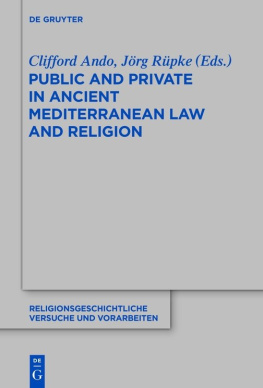


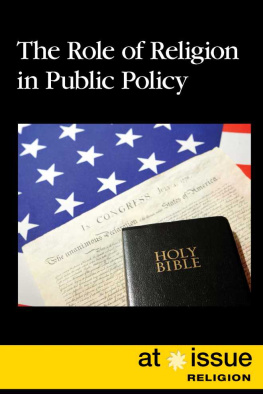

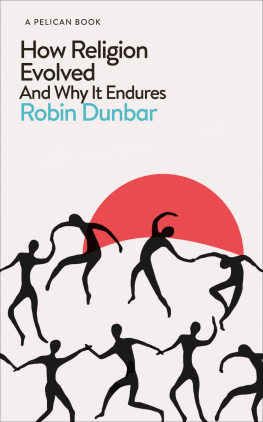
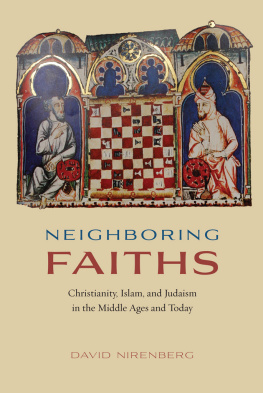

![Blackford - Freedom of religion [and] the secular state](/uploads/posts/book/167779/thumbs/blackford-freedom-of-religion-and-the-secular.jpg)
